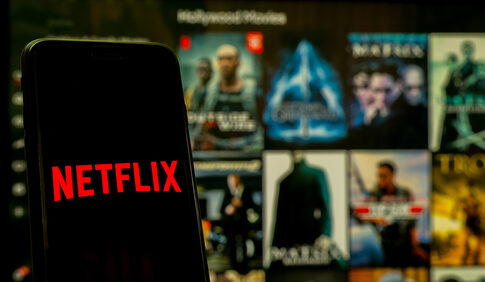The Jerry Springer Show, once a daytime TV sensation, is now under scrutiny as former producers reveal the extent of its staged drama. This revelation, along with allegations of hiring actors for dramatic confrontations, exposes the show’s calculated strategies to maintain its notoriety. What impact did the show have on the landscape of reality TV?
Behind the Curtain: Orchestrated Chaos
The Jerry Springer Show, which aired from 1991 to 2018, was notorious for its outrageous content and chaotic episodes. Former producer Norm Lubow has come forward with shocking claims about the show’s behind-the-scenes operations.
Lubow alleges that he and co-producer Al Bowman hired “fake” guests who were likely to engage with Springer after the show. This revelation suggests a deliberate strategy to manufacture drama and maintain the show’s sensational reputation.
The Jerry Springer Show is one of the wildest shows in TV history — but according to former producers and guests, what happened behind the scenes was even more shocking.
Jerry Springer: Fights, Camera, Action, a new two-part documentary series, premiering January 7. pic.twitter.com/Y75jZvnEbP
— Netflix (@netflix) December 11, 2024
The Rise of Sensationalism
Jerry Springer, a former news anchor and Cincinnati mayor, initially aimed for a serious show. However, under Executive Producer Richard Dominick, the focus shifted dramatically to sensational content.
The show’s transformation led to its surpassing Oprah Winfrey in daytime ratings in 1998. At its peak, The Jerry Springer Show attracted nearly eight million daily viewers and was broadcast in about 40 countries.
Say what you will about Jerry Springer. But nobody else would invite KKK members onstage so guests could punch them in the face. Respect. pic.twitter.com/2HEy9NIx4q
— panic! attack at the disco (@tomposting_) April 27, 2023
Legacy and Ethical Concerns
The Jerry Springer Show’s impact on television culture is undeniable. It paved the way for reality TV and similar sensationalist programming, changing the landscape of entertainment.
However, the show faced significant criticism for its societal impact. A notable incident involved a murder case linked to a show’s episode, raising serious questions about the ethics of such programming.

